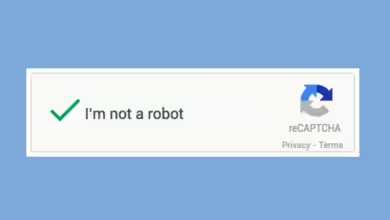Fall, Record-Keeping, and Social Security

When the seasons change, and we start thinking about the new year, should we proactively plan for retirement? I asked David Freitag and discovered that, yes, from a Social Security record-keeping perspective, the end of the year is a great time to work on 2024.
fyi50+: Dave, what is one thing we should be doing toward the end of 2023 that will keep our record-keeping system up to date?
Dave Freitag: The end of the year is an excellent time to remember to check and recheck your Social Security earnings history for 2023.
fyi50+: Why is this important?
Freitag: Many workers need clarification on the Social Security Administration’s formula to calculate retirement benefits.
Here is a quick summary of that process.
• The SSA looks at your highest 35 years of paying the FICA payroll tax into the system. Remember that the basis of this calculation is the highest 35 years of contributions and not the most recent 35 consecutive years of contributions.
• Once they have determined the 35 highest years, the SSA will apply an index formula to bring those years of contributions into a dollar amount that adjusts for inflation. This number is called the AIME for average indexed monthly earnings. You can check out this web link for the specifics of the indexing formula: https://www.ssa.gov/oact/progdata/retirebenefit1.html
• Once the AIME number is established, the SSA applies a “bend point” formula to calculate the primary insurance amount or PIA. At full retirement age, the PIA is the size of the check.
• Incorrect reporting of the yearly FICA tax contributions can cause a reduction in benefits. If the annual contributions are not recorded or are entered incorrectly, that could reduce the amount of the benefits. That reduction could last as long as you live.
fyi50+: What could cause an error in the FICA payroll tax reporting?
Freitag: Well, lots of things. Here are a few reasons. Changing jobs in mid-year could create an error. Stopping work and reentering the workforce a year or two later could also cause an error. People who receive many IRS 1099 forms in one year and the self-employed who work for multiple people or companies could find a mistake in their FICA tax contributions. If these errors reduce the 35-year average, the ultimate retirement payment might be less than it should be.
fyi50+: What should we do to prevent this from happening?
Freitag: This is a vital point to remember— Everyone who paid FICA taxes should establish a time of the year to go online, create a myAccount, and review the earnings history. This process should be done each year without fail.
A change in the weather or a birthday is a good trigger reminder to check your earnings history. Another good time could be when you file your taxes. Whatever yearly occasion you choose is a good time to review your earnings history.
fyi50+: Dave, if you find an error, is there a window of time to correct it?
Freitag: Yes. For most reasons, that window closes after three years, three months, and 15 days. After that, the error becomes part of the record and could reduce the size of the retirement check.
fyi50+: How do you report an error?
Freitag: Contact the Social Security Administration. The number is on the www.ssa.gov website. Errors are not common, but they do happen.
So, before the end of the year, check your Social Security earnings history. You’ll be glad you did.





